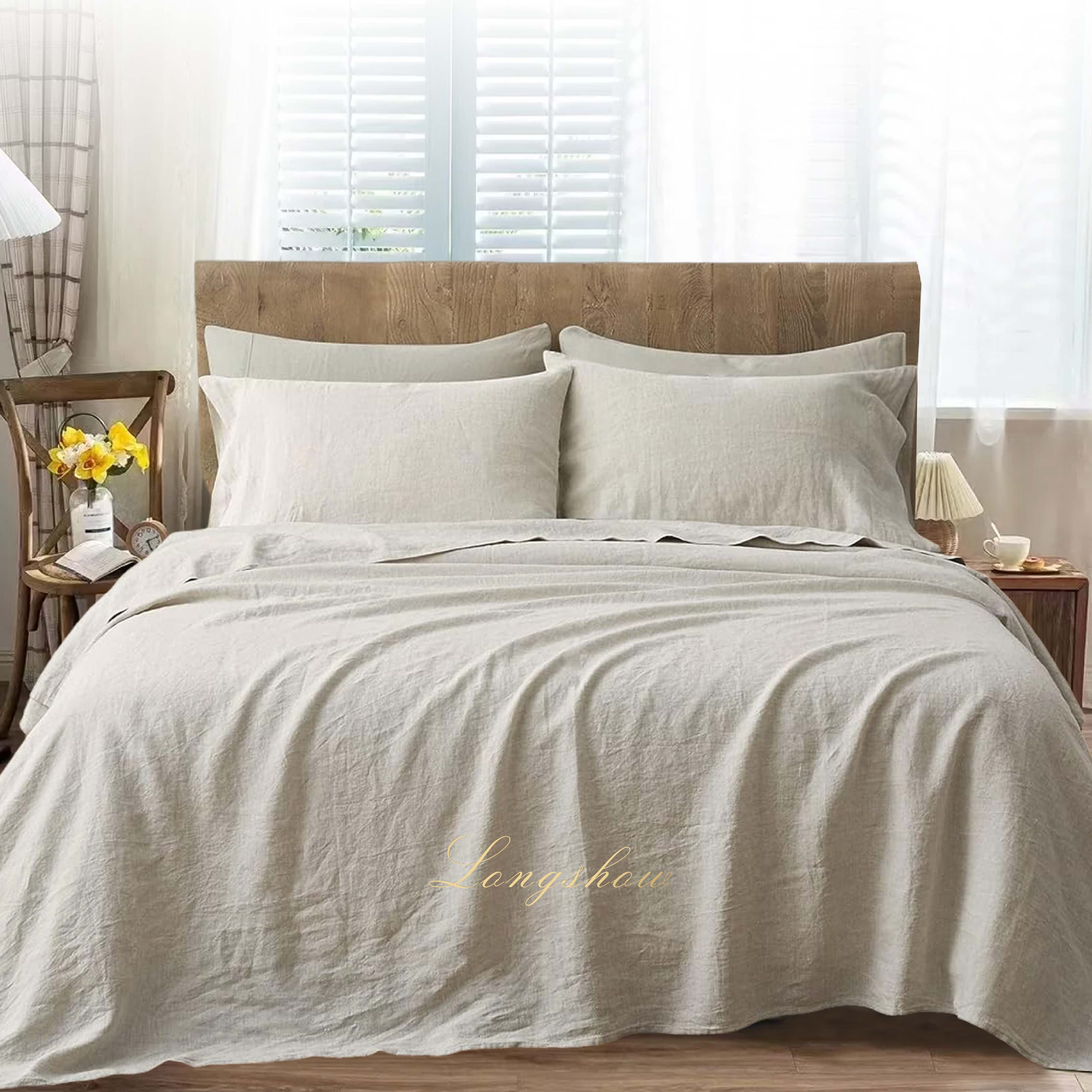Tips for Selecting the Perfect Bedding for Your Bedroom Comfort
How to Choose Bedding A Comprehensive Guide
When it comes to creating a cozy and inviting bedroom, choosing the right bedding is essential. Bedding not only contributes to the overall aesthetic of your space but also plays a crucial role in your comfort and sleep quality. With a myriad of options available, selecting the right bedding can feel overwhelming. In this guide, we will break down the key factors to consider when choosing bedding, ensuring you make an informed decision that suits your personal style and needs.
1. Understand the Basics of Bedding
Before diving into specific materials and styles, it’s crucial to understand the different components of bedding. Typically, bedding consists of a mattress protector, fitted sheet, flat sheet, comforter or duvet, and pillowcases. Each element serves a specific purpose, from protecting your mattress to providing warmth and comfort.
a. Mattress Protector
A mattress protector is an essential base layer that shields your mattress from spills, allergens, and dust mites. It is important for maintaining the longevity of your mattress and enhancing your sleep hygiene.
b. Sheets and Pillowcases
Fitted sheets are designed to fit snugly over your mattress, while flat sheets offer an additional layer of comfort on top of your fitted sheet. Pillowcases encase your pillows, providing a smooth surface for resting your head. Consider the thread count and material of your sheets, as these factors significantly affect comfort and durability.
c. Comforters and Duvets
Comforters and duvets provide essential warmth and can significantly influence the overall design of your bed. A comforter is typically thicker and filled with synthetic fibers or down, while a duvet is a soft flat bag filled with down, feathers, or other materials and requires a duvet cover for protection.
2. Choose the Right Material
The material of your bedding affects not only its look but also its feel and function. Some of the most common materials include
a. Cotton
Cotton is a popular choice due to its breathability, softness, and ease of care. Look for 100% cotton for the best comfort, and consider options like percale (crisp and cool) or sateen (soft and smooth) finishes.
how to choose bedding

b. Linen
Linen is known for its durability and natural texture. It has a unique ability to wick moisture away, making it an excellent choice for warm climates or hot sleepers. However, linen can be more expensive and wrinkle more easily than cotton.
c. Polyester and Blends
Polyester bedding is often more affordable and wrinkle-resistant than natural fibers. Blends combining cotton with polyester can offer an ideal mix of comfort and durability, making them a practical option for everyday use.
d. Bamboo
Bamboo bedding is gaining popularity due to its eco-friendly nature and natural moisture-wicking properties. It’s soft, breathable, and resistant to allergens, making it great for those with sensitive skin.
3. Consider Your Sleep Preferences
When choosing bedding, consider your personal sleep preferences. Do you tend to sleep hot or cold? If you struggle with overheating at night, opt for breathable fabrics like cotton or linen. If you prefer a warmer sleeping environment, heavier materials like flannel or a thicker duvet might be more suitable.
4. Assess Your Style
Your bedding can reflect your personal style and enhance the overall decor of your bedroom. Whether you prefer minimalist designs or bold patterns, there’s an abundance of options available. Consider the color scheme and theme of your bedroom when selecting bedding. Neutral colors provide versatility, while brighter hues and patterns can add character.
5. Maintenance and Care
The longevity of your bedding will depend on how well you care for it. Always check the care instructions before purchasing. Most cotton and polyester bedding can be machine washed, while some specialty fabrics may require dry cleaning. Regular washing not only keeps your bedding fresh but also contributes to a healthier sleep environment.
Conclusion
Choosing the right bedding is a crucial step in creating a comfortable and aesthetically pleasing bedroom. By understanding the basics, selecting the right materials, considering your sleep preferences, assessing your style, and being mindful of maintenance, you can make educated decisions that will enhance your sleeping experience. Take your time to explore different options, and don’t hesitate to mix and match to find the perfect bedding that suits your unique needs and personal taste. Happy decorating!
-
natural-bamboo-sheets-for-sensitive-skin-reliefNewsAug.22, 2025
-
organic-cotton-bed-sheet-fabric-certification-explainedNewsAug.22, 2025
-
Creating a Spa Day with Plush Waffle Bath RobesNewsAug.14, 2025
-
How to Cut Linen Maintenance Costs by 30% with Proper Polycotton IroningNewsAug.11, 2025
-
Elevating Comfort and Quality with the Right Bed LinenNewsJul.07, 2025
-
Bedding Essentials: From Percale Sheets to White Quilts, Finding Your Perfect Sleep HavenNewsJul.07, 2025
-
Choosing the Right Bedding for a Comfortable and Stylish BedroomNewsJul.07, 2025






